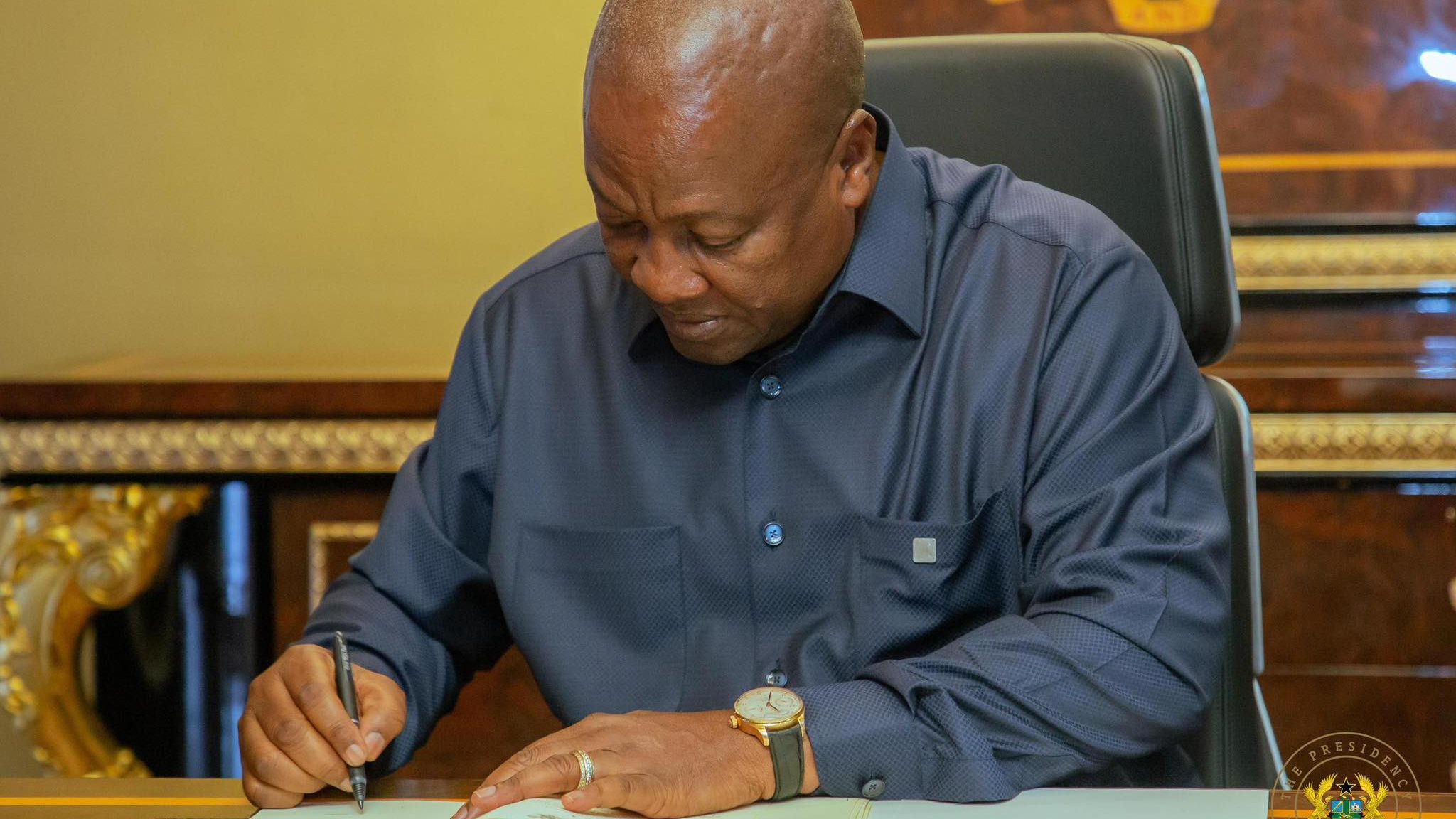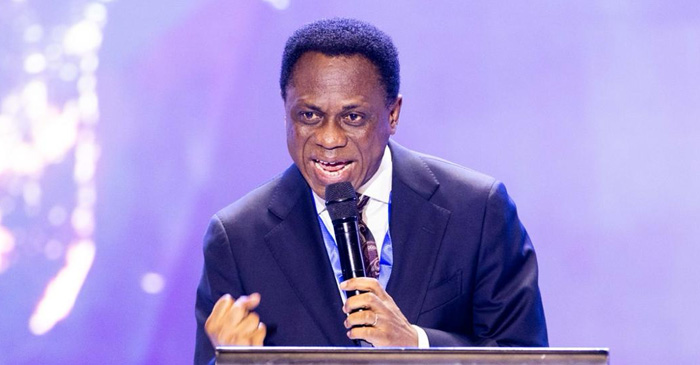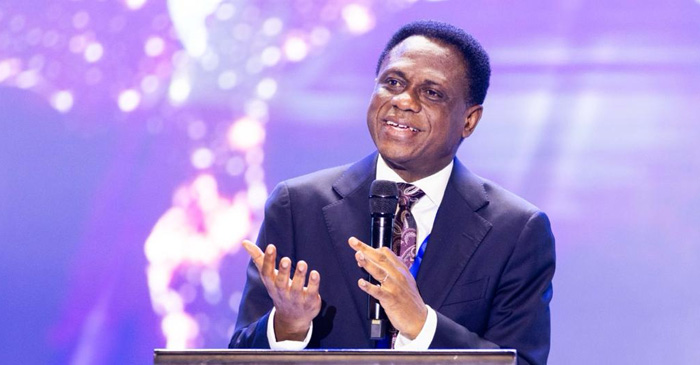
President John Dramani Mahama has signed into law amended bills that abolish the betting tax, e-Levy, emissions tax, and others. This marks a significant step in his administration’s effort to ease the financial burden on Ghanaians and promote economic growth.
The repeal of the e-Levy has been widely welcomed, especially since it had faced strong opposition from the public.
Introduced in 2022 by the New Patriotic Party (NPP) administration, the e-Levy imposed a 1.5% tax on electronic transactions, including mobile money transfers, bank transfers, and online payments.
Since its introduction, levy has sparked protests and public outcry, with critics arguing that it disproportionately affected low-income earners and the unbanked population.

The signing of these bills signals a significant shift in policy aimed at reducing the financial strain on Ghanaians, especially during challenging economic times. The government has promised to continue its efforts to create a more favorable economic environment.
The removal of these taxes aligns with Mahama’s campaign promise to reduce living costs and encourage business growth. We’ll now have an interview with a financial analyst to discuss the potential impact of these changes on the economy












